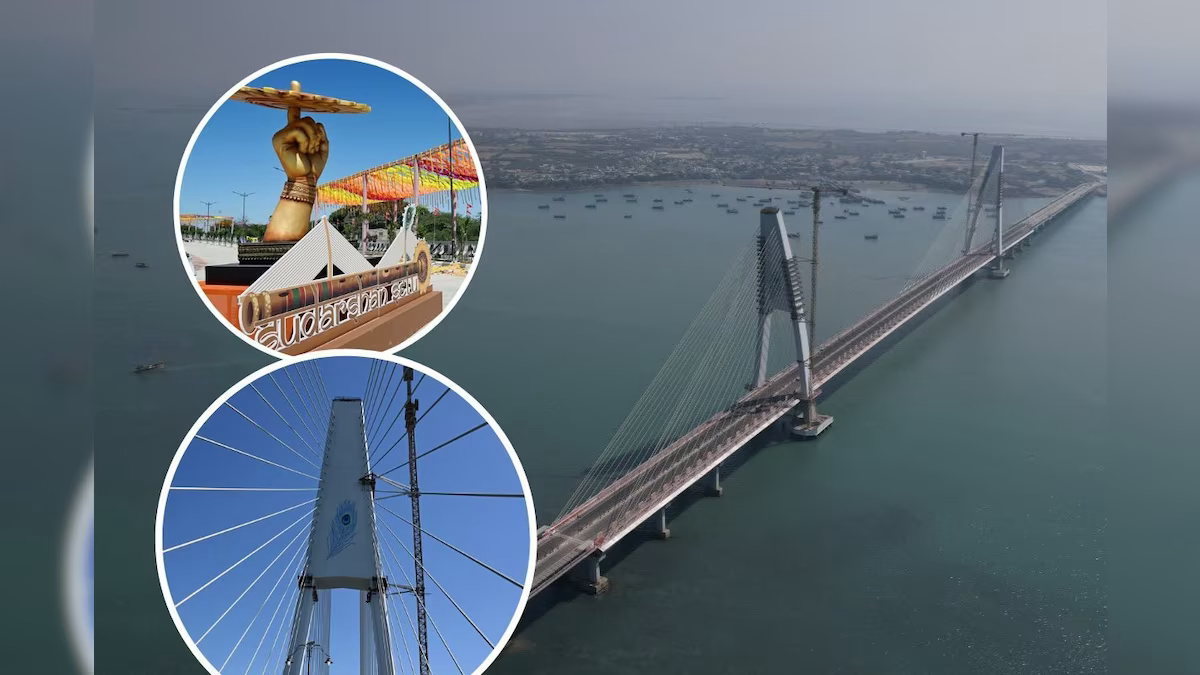India’s Support for the Two-State Solution and UN Resolution on Palestine
- 18 Sep 2025
In News:
- India has reaffirmed its principled support for the peaceful resolution of the Israeli-Palestinian conflict by voting in favour of the United Nations General Assembly resolution endorsing the ‘New York Declaration’.
- The resolution, introduced by France, was adopted with 142 votes in favour, 10 against, and 12 abstentions. Countries opposing the resolution included the United States, Israel, Argentina, and Hungary.
- The declaration seeks collective international action to end hostilities in Gaza and to establish a just, lasting settlement through the effective implementation of the two-state solution. It explicitly calls on Israeli leadership to publicly commit to a sovereign and viable Palestinian state.
India’s Historical Stand on Palestine
India has consistently maintained a supportive stance toward Palestine. It was the first non-Arab country to recognize the Palestine Liberation Organization (PLO) in 1974 and formally recognized the State of Palestine in 1988. Over the years, India has voted in favour of multiple Palestinian resolutions at the UN, underlining its long-standing commitment to Palestinian statehood and sovereignty.
India’s support encompasses:
- Two-State Solution: Advocating peaceful coexistence of Israel and Palestine within secure, internationally recognized borders.
- East Jerusalem: Supporting its recognition as the capital of Palestine in line with UN resolutions.
- International Engagement: Supporting Palestine’s participation in global forums, including UNESCO and the UNGA observer state status (2012).
- Development Cooperation: Providing assistance worth approximately US$ 141 million for Palestinian projects, including contributions through the India-Brazil-South Africa (IBSA) Fund, which financed projects worth US$ 5 million.
India–Israel Relations and Strategic Balance
While maintaining historical support for Palestine, India has also nurtured a robust strategic partnership with Israel in defence, agriculture, innovation, and technology over the past three decades. This dual approach reflects India’s commitment to principled support for Palestine alongside a pragmatic partnership with Israel, balancing regional interests and global diplomacy.
India’s Advocacy at the UN
At multilateral forums, India has consistently emphasized:
- Rejection of violence and terrorism from both parties.
- Humanitarian assistance for civilians in Gaza.
- Diplomatic, peaceful resolution through dialogue and international cooperation.
High-level visits further reinforce India’s engagement: Prime Minister Narendra Modi visited Palestine in 2018, marking the first visit by an Indian Prime Minister, while former President Pranab Mukherjee visited in 2015.
Conclusion
India’s position on the Israeli-Palestinian conflict exemplifies a realist yet principled foreign policy. It underscores:
- Commitment to international law and the two-state solution.
- Balancing historical support for Palestine with deepening strategic relations with Israel.
- Advocating humanitarian aid, dialogue, and peaceful settlement as the cornerstone for regional stability.
India’s vote in favour of the UN resolution reaffirms its role as a responsible global actor promoting peace, justice, and sustainable development in West Asia.
PM Modi Inaugurates 'Sudarshan Setu', India's Longest Cable-Stayed Bridge

- 26 Feb 2024
Why is it in the News?
PM Modi recently inaugurated the Sudarshan Setu, a four-lane cable-stayed bridge connecting Okha to Beyt Dwarka island in Gujarat.
About the Sudarshan Setu:
- 'Sudarshan Setu' is the country's longest cable-stayed bridge 2.32 km on the Arabian Sea connecting Beyt Dwarka island to mainland Okha in Gujarat's Devbhumi Dwarka district.
- It boasts a unique design, featuring a footpath adorned with verses from the Bhagavad Gita and images of Lord Krishna on both sides.
- It also has solar panels installed on the upper portions of the footpath, generating one megawatt of electricity.
- The 2.32 km bridge, including 900 metres of a central double-span cable-stayed portion and a 2.45 km long approach road, has been constructed at a cost of Rs 979 crore.
About Beyt Dwarka:
- Bet/Beyt (pronounced ‘Bait’ Dwarka also known as Shankhodara, is an island located near the shores of Okha which is situated around 30 km from Dwarka, in the Gulf of Kutch.
- It said that Lord Krishna resided here while Dwarka was his constitutional seat.
History:
- Bet Dwarka derived its name from the word ‘bet’ which translates to ‘gift’ and is believed that Lord Krishna received it from his friend Sudama.
- In the ancient epic, Mahabharata, Bet Dwarka is known by the name of ‘Antardvipa’ to which people of the Yadava clan needed to travel by boat.
- Explorations and excavations carried out under the sea have revealed the presence of settlements whose age can be traced back to the era of the Harappan civilisation and that of the Mauryan rule.
- In the later years, the region was under the administration of the Gaekwad clan of the state of Baroda.
- During the revolt of 1857, Vaghers attacked the region and captured it, but had to concede defeat in two years and return the region back to the Gaekwads.
